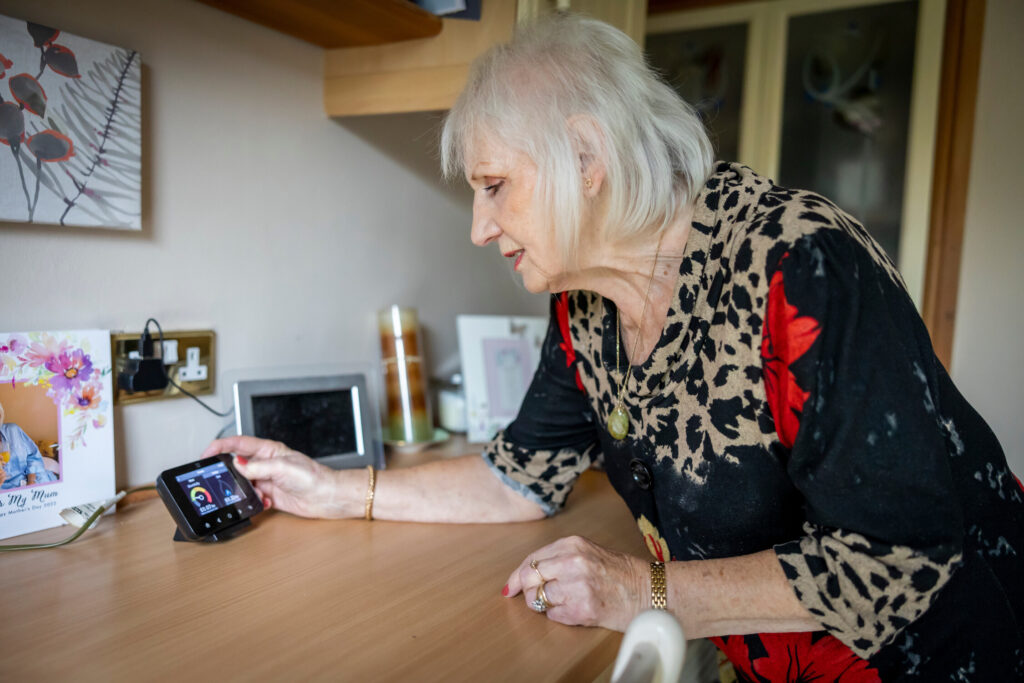HEALTHCARE SUMMIT 2022: Planning reform needed to meet bed demand
Without reform to the planning system, the care sector will be unable to meet demand, according to research from property adviser Carterwood.
Only 12 per cent of care home planning applications are currently dealt with in the statutory period, down from 22% in 2017, managing director Tom Hartley told delegates at this month’s Caring Times and HealthInvestor Healthcare Summit.
Carterwood’s analysis shows applications for new build care homes have remained steady over the last five years, despite Covid. “We are seeing 240 to 250 applications per annum,” said Hartley. “Even in 2020, at the height of the pandemic, we still saw 232 applications.”
While 80% are eventually granted, the time taken to approve them is holding developments back, he said. Three in ten planning applications submitted in 2021 are still pending. “Eleven applications are still pending from 2017 – I think that speaks to the speed of decision making within our planning system, ” Hartley told delegates.
The data shows a shortage of around 50,000 good quality beds. “Not enough of these beds are entering the market,” said Hartley. “Even if all 250 annual applications were registered, that would still only be about 15,000 beds entering the market every year. Those 15,000 beds don’t get developed largely because of the speed of decision making.”
Currently around 4,000 to 6,000 beds enter the market every year, but about the same number leave, he said. “Until we can find a way to speed up the planning system, we’re going to struggle to see the level of supply we need to make up the shortfall. If we could speed this up, it would make a huge difference.”
Carterwood predicts an increase in care home fees of ten per cent next year. “This will be necessary to counteract agency costs, the national living wage and general non staff cost increases such as utilities,” said Carterwood client relationship manager Stacey Jeffries. “We also expect to see mid-year price increases from many more operators.”
Carterwood’s analysis found average care home fees are currently £1,329 a week for nursing care and £983 a week for personal care, with a fee gap opening up between the newest homes and the rest of the market. The Northwest region has seen the biggest increases in nursing fees with a 15.9% rise.
Average occupancy has risen from 75.6% in January 2021 to 82% in September 2022. “There are strong indicators that if growth continues at its current rate we could hit pre-pandemic occupancy levels of mid to high 80s within 2023,” said Jeffries. Carterwood’s research shows that the larger the home, the lower the occupancy. “This may relate to the current challenging staff crisis we find ourself in,” said Jeffries. “Staffing is now the blockage of occupancy.”
Care home monthly spend on agency fees has more than doubled from £11,000 in January 2021 to £26,000 in September 2022. Homes rated inadequate spend an average £48,000 a month on agency fees, compared to an average of £21,000 spent by outstanding rated homes.



